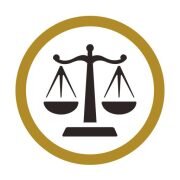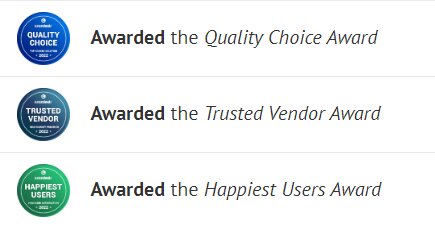Best Employment & Labor Lawyers in Durban
Share your needs with us, get contacted by law firms.
Free. Takes 2 min.
List of the best lawyers in Durban, South Africa
South Africa Employment & Labor Legal Articles
Browse our 1 legal article about Employment & Labor in South Africa written by expert lawyers.
- Fired Without Warning in South Africa: Wrongful Dismissal
- Most employment rights in South Africa come from the Labour Relations Act (LRA), the Basic Conditions of Employment Act (BCEA), the Employment Equity Act (EEA), and the National Minimum Wage Act. You normally have 30 days to refer an unfair dismissal dispute to the CCMA or bargaining council, and 90... Read more →
About Employment & Labor Law in Durban, South Africa
Employment and Labor Law in Durban, South Africa, is primarily governed by the Constitution of South Africa, Basic Conditions of Employment Act, and the Labour Relations Act. The laws are designed to protect the rights of employees, employers, and trade unions, ensuring fair treatment in all labor practices, such as hiring, firing, remuneration, and working conditions.
Why You May Need a Lawyer
With complex laws governing labor relations, it is common to require a lawyer in situations like employment disputes, unfair dismissal, discriminations, workplace harassment, wage and overtime issues, or when starting a trade union. It's essential to have professional representation to ensure your rights are upheld and any relevant legislation is correctly interpreted.
Local Laws Overview
The Basic Conditions of Employment Act stipulates minimum standards for conditions of employment, such as working hours, leave, remuneration, and notice periods. The Labour Relations Act, on the other hand, manages all collective bargaining, strikes, lockouts, disputes, and unfair labor practices. The Employment Equity Act addresses issues of unfair discrimination and also promotes equal opportunities and fair treatment in employment through the elimination of unfair discrimination.
Frequently Asked Questions
What are my rights if I am unfairly dismissed?
The Labour Relations Act provides that you can approach the Commission for Conciliation, Mediation, and Arbitration (CCMA) to assist in resolving the dispute.
Am I entitled to sick leave?
Yes, according to the Basic Conditions of Employment Act, every employee is entitled to a paid sick leave of up to six weeks in a three-year employment cycle.
Can my employer deduct my wages without my consent?
No, under the Basic Conditions of Employment Act, an employer can't make any deduction from the remuneration of an employee except for statutory employee contributions or with the employee's written consent.
What is the process if my employer discriminates against me?
South African laws prohibit employment discrimination. You can file a complaint with the Department of Labour or CCMA if you feel you are being unfairly discriminated against at work.
Are trade unions legal in South Africa?
Yes, the right to join a trade union, participate in its lawful activities, and strike are considered fundamental rights under the South African constitution.
Additional Resources
The Department of Employment and Labour, the Commission for Conciliation, Mediation and Arbitration (CCMA), and various trade unions are additional resources you can approach for information or assistance regarding Employment and Labor Law in Durban, South Africa.
Next Steps
If you're in need of legal assistance with Employment & Labour, consider seeking advice from a professional labor lawyer with a solid understanding of local laws in Durban. Collect and prepare all relevant documentation about your situation and make an appointment for legal consultation. Remember, understanding your rights is the first step to protecting them.
Lawzana helps you find the best lawyers and law firms in Durban through a curated and pre-screened list of qualified legal professionals. Our platform offers rankings and detailed profiles of attorneys and law firms, allowing you to compare based on practice areas, including Employment & Labor, experience, and client feedback.
Each profile includes a description of the firm's areas of practice, client reviews, team members and partners, year of establishment, spoken languages, office locations, contact information, social media presence, and any published articles or resources. Most firms on our platform speak English and are experienced in both local and international legal matters.
Get a quote from top-rated law firms in Durban, South Africa — quickly, securely, and without unnecessary hassle.
Disclaimer:
The information provided on this page is for general informational purposes only and does not constitute legal advice. While we strive to ensure the accuracy and relevance of the content, legal information may change over time, and interpretations of the law can vary. You should always consult with a qualified legal professional for advice specific to your situation.
We disclaim all liability for actions taken or not taken based on the content of this page. If you believe any information is incorrect or outdated, please contact us, and we will review and update it where appropriate.
Browse employment & labor law firms by service in Durban, South Africa
Durban, South Africa Attorneys in related practice areas.
















